
When the cold weather hits and winter bites, our skin can react badly, as consultant dermatologist Dr Natalia Spierings knows. From the plummeting temperatures and icy winds outside to the central heating and hot showers and baths we take for comfort, winter can really take its toll on the complexion, sucking the moisture right out of it and leaving it dry and rough.
A while back before the first lockdown, I spoke to Dr Spierings about winter skin flare-ups and in particular the impact the cold weather has on skin conditions such as eczema. Here she offers some straight-talking advice for anyone whose skin is suffering this winter.
Check out our interview in the video here or read the transcript below.
Alice Hart-Davis: Now that the weather has turned nasty we are facing winter skin flare-ups. Is there anything in the belief that central heating dries out the air and that makes skin kick off in some way? One of the reasons I ask this question is that a member of the team came in this morning with a real rash-like flare-up, which seemed like more than eczema.
Natalia Spierings: That’s only really relevant for people who have an underlying issue of eczema, so they have a tendency towards that problem. People with eczema have epidermal barrier dysfunction so things like dry air (which increases water loss through the skin) and central heating will worsen that. The elements can impact the skin as well, just walking outside with lots of wind, damages the skin and strips it off even more. It increases your trans-epidermal water loss because, with eczema, you already have trans-epidermal dysfunction so anything like the above is potentially going to make that worse.
AHD: So, if your skin is normal and pretty much behaving itself you should be fine?
NS: Normal skin probably doesn’t have a problem. The person who was here has it in a very interesting distribution, which kind of reflects the wearing of earrings. It transpires that she might have a nickel or cobalt allergy, which probably explains the very localised kind of reaction in that area.
AHD: And that would be enough to make it pick up on her face too? And with an eczema-related flare-up like that, what would you suggest for treating it? Most people with eczema will have something in their cabinet. won’t they?
NS: If it is a very acute flare up on the face it can be very uncomfortable and itchy, so I tend to get these patients to use a high potency steroid for one, two or even three days maximum at night. Because they are quite greasy, you can use them during the day as well. People will generally avoid using something like Elocon or Dermovate on their face because they are told not to. But under medical supervision, if your dermatologist tells you to for one or two days, put a thin layer on the infected area. That can quickly settle it down and then you switch to your maintenance treatment. I like to use something called Protopic for the face, people haven’t really heard of that. It’s topical Tacrolimus and that is a drug used as a tablet in high doses for transplant patients.
When people have transplants they obviously need immunosuppression to stop their bodies from rejecting the organ. I worked in transplants many years ago as a junior doctor and generally we would start people on high dose oral steroids and then we would transition them to something like Tacrolimus, which is a long-term immunosuppressant. Using that as a cream or an ointment is getting you the same effect as a steroid, but without any of those long-term side effects like thinning the skin or even the skin atrophy. So it’s much safer in a way. If you’re going to use it long-term and we need our eczema patients to use some type of topical treatment to maintain their skin in the long run for their face. So Protopic 0.1% is similar in strength to Eumovate, which is going to be moderate, like a lower potency steroid. Protopic can sting when you apply it to very inflamed skin so if a patient comes in with a very inflamed sore face, I will put them on something like Elacon for maximum of three days to calm it down and then quickly switch it to Protopic and that will clear it up without the stinging.
AHD: Fab, thank you that’s something many people could go to their GP and ask about.
You can find Dr Natalia Spierings at https://www.nmkskin.com/
If you are suffering with eczema do see your GP or a dermatologist.
For those of us battling the elements this winter who don’t suffer with an underlying skin condition, here’s my recommendations for Winter Skin Wonders.
Related Stories

Skincare
How To Avoid ‘Festive Face’: Your Skin Survival Plan For Party Season
Festive food indulgences, lots of late nights, and a glass (or two) of champagne – the winter party...
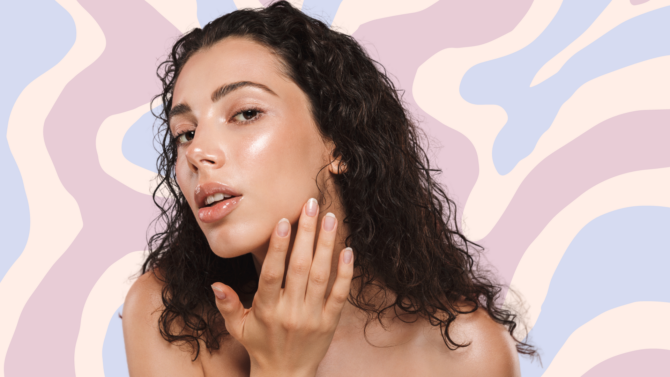
Concerns
Can ‘NoTox’ Skincare Ever Measure Up To Toxin Injections?
For anyone looking for an alternative to wrinkle-relaxing toxin injections, ‘NoTox’ skincare,...

Skincare
Do You Need To Change Your Skincare Every Season?
As a beauty and aesthetics journalist with specific training in cosmetic science, I get asked a lot of...
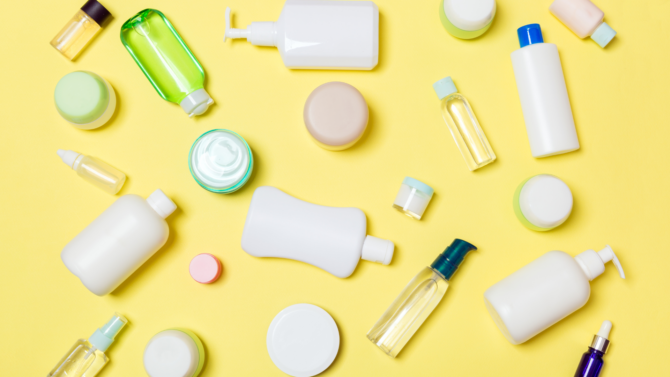
Skincare
Post-Tweakment Skincare: The Expert Guide
After the excitement of having a tweakment, it can be tempting to sit back and just wait for your results to...

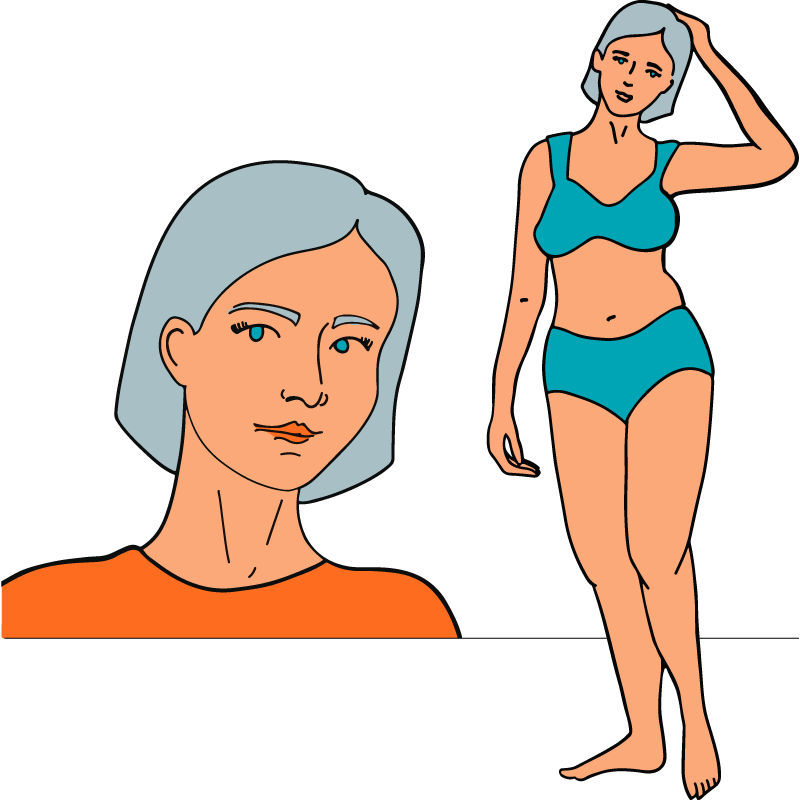

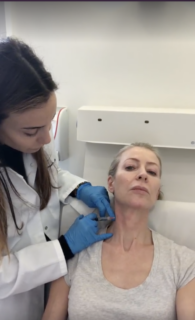
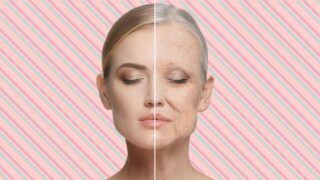


 The Tweakments Chatbot
The Tweakments Chatbot